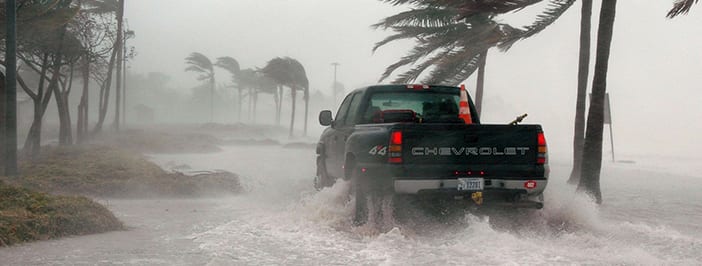Entrepreneurs and small businesses—especially fairly new ones—often don’t think about making plans to recover in case of a disaster. However, it is the smallest business that most likely has the fewest resources to fall back on in case of disaster.
Why does this happen?
- It’s not on an entrepreneur’s radar – The challenge and hurdles of starting out are what drive small business owners. The excitement that comes with getting a new client or releasing a new product is what motivates them. To be honest, things like disaster recovery plans are a little dull and aren’t part of the fast-paced day-to-day hustle of running a company. As a result, these administrative issues can get put on the back burner.
- Planning tools can seem too complex – Ideas like “risk assessment” and “business impact analysis” can be intimidating. Many SMBs may feel the whole concept is overwhelming and leave it to another day.
- It is perceived to be unaffordable – Many owners may believe that putting disaster recovery plans into place involves a lot of additional spending on consultants, backup hardware, and more software. That isn’t true. With cloud technology and the use of a managed service provider, disaster recovery doesn’t need to be an intimidating or expensive proposition.
Why is this a mistake?
Here in the Low Country, hurricane season runs from June 1 to November 30. (Get useful CEMA resources here.) And extreme weather is only one type of disaster. Others can include a break-in at your business, a fire, an unplanned power outage or hardware failure; even accidental employee errors can lead to a disaster. If your business was down for 1-2 days or more, what costs would you incur?
- Lost revenues and lost productivity
These are obvious. You won’t make the money that you would have if you had remained open. This is especially true if you provide a service. Services are inherently tied to time, and time cannot be re-created. Sure, you can work extra hours next week, but your service won’t be provided at the time it was expected. Even if your product can be purchased next week instead of today, your customer didn’t get it when they most wanted or needed it.
There are other far more serious consequences of business downtime than just unsold goods and services. There are the intangibles that can’t be so easily measured but have long-term consequences. - Helping the competition
You give your competition a real edge when you’re not prepared for a disaster. Present clients and potential ones may go to a competitor while you are down. Many will never return. Your competitors now have ammunition against you to use in sales pitches. - Employee frustration
Employees will carry the burden of the extra hours and stress of helping get things back together. That can lead to a lot of frustration, which if things don’t get back to normal quickly, can damage long-term productivity. Most importantly, it can damage the respect they have for management (that means you). In general, they will recognize that you didn’t have the wisdom to anticipate the need to create disaster recovery and continuity plans. How can that not damage their trust and support for the company and you? - Negative brand reputation
Your customers will also wonder how you couldn’t have cared enough to make plans to handle trouble. Think of the negative way a customer sees it: a disaster that brings your business to a halt suggests a company that doesn’t think ahead. Clients might even feel angry, believing that you didn’t care enough to make plans to communicate with or support them if a disaster hits. They might also wonder, if you can’t handle disasters well, what else aren’t you handling properly?
What can you do?
Now that we’ve laid out the obstacles against planning and the critical reasons for making time to do it, your next step is finding out how to make a disaster recovery plan. To get started, review these Disaster Planning Tips, download the Disaster Readiness Checklist, or watch a 5 minute video of our CEO explaining how to prepare your business on WSAV’s Coastal Experts.
You can also contact your team at Infinity to answer your questions and talk through any situation.
